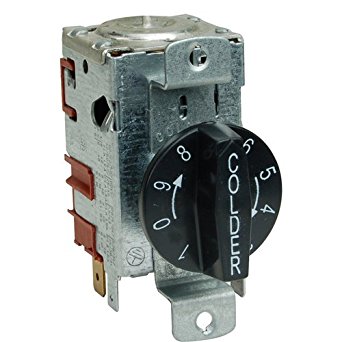Get Tech Tips
Subscribe to free tech tips.
3 Tips for Training Apprentices
I hired and trained an apprentice who has worked 2 days a week for me over the last 4–5 months. I've been in business for almost two years, and I had a pretty good sense that I would need some help this summer. Hauling a few air handlers and furnaces into an attic by myself last summer was reason enough for me to want to hire someone.
Beyond the very practical need for an extra set of hands, there’s also a deeper passion within me, a passion to help others further their career and learn. My initial experience in the trades was very challenging. I didn’t get much, if any, help understanding what I was doing. A lack of understanding led to a lack of confidence. I was fired from the first company I worked at and told I didn’t have what it took to make it in the HVAC trade. I don’t regret those experiences, but they are not a sign of what good training looks like. Here’s my take on what good training DOES look like.
Make Space
As a solo owner/technician, I have to adapt a lot when I hire someone. Part of the reason I love HVAC is because I get to work alone. Being on an install crew drove me crazy because people wanted to take breaks all the time and stop for lunch. But those are preferences, not values. We often confuse our own preferences with what actually matters, and when we put those burdens on other people, it sucks the joy out of their work.
For example, my apprentice worked at a much slower pace than I do. The pace of work does matter, but is it a black-and-white issue? Is my work pace the only acceptable one? Does working through lunch automatically make me a better worker? No, it doesn’t. I had a boss that split employees into “rabbits” and “turtles,” which makes sense to me.
Our job as leaders is to see and draw out the good in others, even if they can’t see it themselves. That means making space for other people to be themselves, even if I am in charge. My passenger seat holds receipts, batteries, and warranty parts most of the time. Do I expect my apprentice to drive his own car from site to site, or am I willing to clear off my passenger seat for him to come to work with me?
Challenge Them
I told my apprentice several times that I didn’t care if he messed up; I just wanted him to try his best. He didn’t know one end of a drill from another when he first started, but he learned quickly on many fronts. It is interesting to watch someone go from no knowledge of a trade to quick advancement, especially when you have been in the HVAC trade for a long time. It’s hard to imagine how someone wouldn’t know how to strip wire. Once he was at work, my apprentice did a great job.
However, he was chronically late to work. There were various excuses offered, but it was something that we had several discussions about. After 2–3 shorter conversations about the issue, I had to have a very direct conversation with him about his time management. Be direct about the issues you see in your employees, but don’t hold it against them. Address the issue and move on. See how they respond. Yes, someone could quit, and in the middle of the summer, that can cause problems. But allowing poor behavior to continue for the “good of the company” is never good.
Be Patient
It took 2–3 months of training before my apprentice was able to complete tasks on his own. Training someone from scratch is definitely a long game. Every time my apprentice worked with me, I would do an overview of the processes we had learned the last time he worked. If it was screwing a disconnect into brick, I would walk through the process step by step and ask him if he had any questions. Then, I would stop back by and check on him 10–15 minutes later.
In many ways, having to train someone makes the process slower rather than faster, at least initially. It has really been in the last 1–2 months that I have seen the benefit of having an employee. I hope he feels the same way and that working for me has been more than “just a job.”
—Matt Bruner











Comments
To leave a comment, you need to log in.
Log In